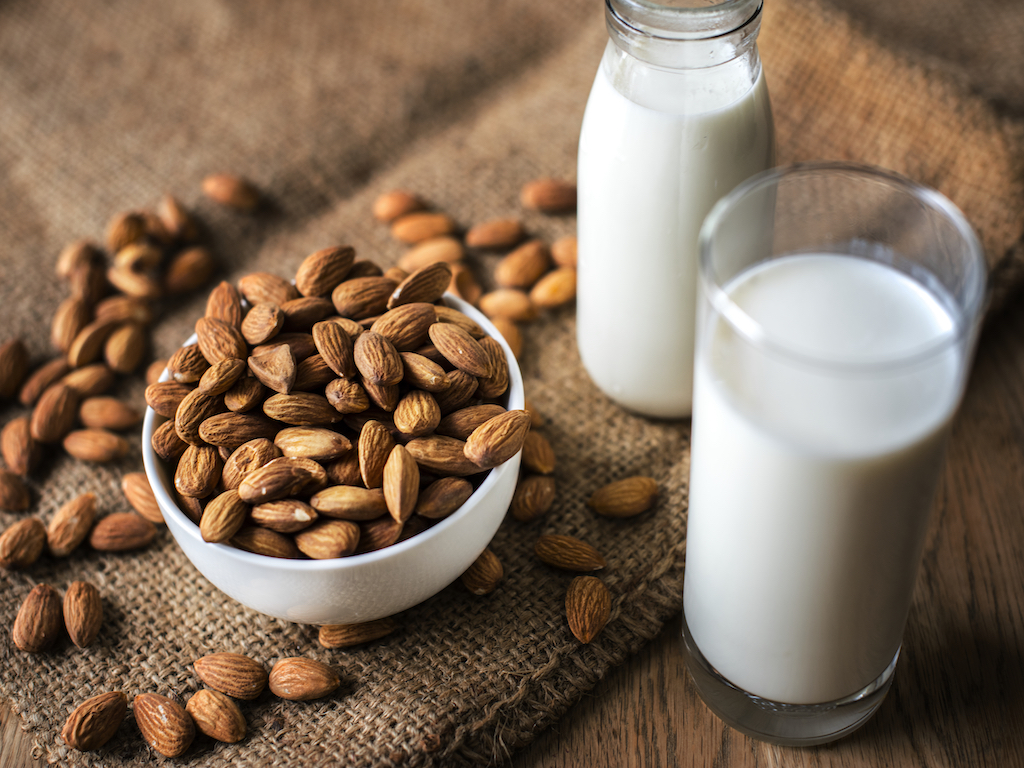2 Mins Read
A spokesperson for global campaign Veganuary described the surcharge for customers ordering coffee with plant-based milks in many cafés a “vegan tax”, and that it should be removed to encourage people to try vegan options. Given that Asia is home to a large lactose-intolerant population, companies that charge customers extra for choosing plant-milk are not just taxing vegans, but are taxing a condition. Removing the carbon unfriendly tax would also aid the global fight against climate change, as the dairy industry is one of the world’s largest greenhouse gas emitters.
Veganuary’s call on the largest coffee chains to remove the surcharge on plant-based milk came as the world celebrated the annual Plant Milk Day on August 22nd. Vegan-friendly milks are made out of plant-based ingredients like pulses, grains and nuts. Common types include soy, oat, almond, coconut and rice milk, with oat having the most impressive carbon footprint stats.
Non-dairy milk alternatives come with a fraction of the environmental footprint. Conventional dairy farming depletes land nutrients, uses up vast amounts of water and fertiliser, and produces significant levels of greenhouse gases that contribute to climate change. In 2016, international non-profit organisation GRAIN revealed that the top 10 dairy companies in the world generated roughly 231 million tonnes of carbon dioxide within a year, the equivalent of half of France’s total carbon footprint.
Faced with our current climate emergency, businesses have a responsibility to make it easy for people to adopt planet-friendly options. In an attempt to drive change in companies, PETA launched a petition earlier this month to call on coffee-chains like Starbucks to remove the extra charge on the cruelty-free and environmentally friendly milks, bringing in more than 50,000 signatures.
In addition, there are health concerns related to dairy consumption. Globally, approximately 65% of the world’s human population have a reduced ability to digest lactose, and an estimated 90% of the Asian population are considered lactose intolerant. Regular consumption of dairy has also been associated with an increased risk of various cancers and there is little evidence to support that dairy aids bone health, according to a 2015 study published in the British Medical Journal.
Furthermore, the rise in popularity of plant-based milk should signal to businesses that in order to stay relevant in the market, they have to remove the surcharge. The latest analysis from global research company Mintel found that a quarter of the British population are choosing plant-based milk alternatives made from soy, pea and almonds, over dairy. Scientific research consultancy DSM found a similar growth in popularity of plant-milks in the Asian Pacific. According to their figures, 81% of Chinese consumers believe that lactose-free dairy is healthier and easier to digest than traditional dairy products. The report also states that beyond China, milk alternatives are likely have a booming market in other Asian countries like Singapore, Thailand and Malaysia.
Lead image courtesy of PxHere.




